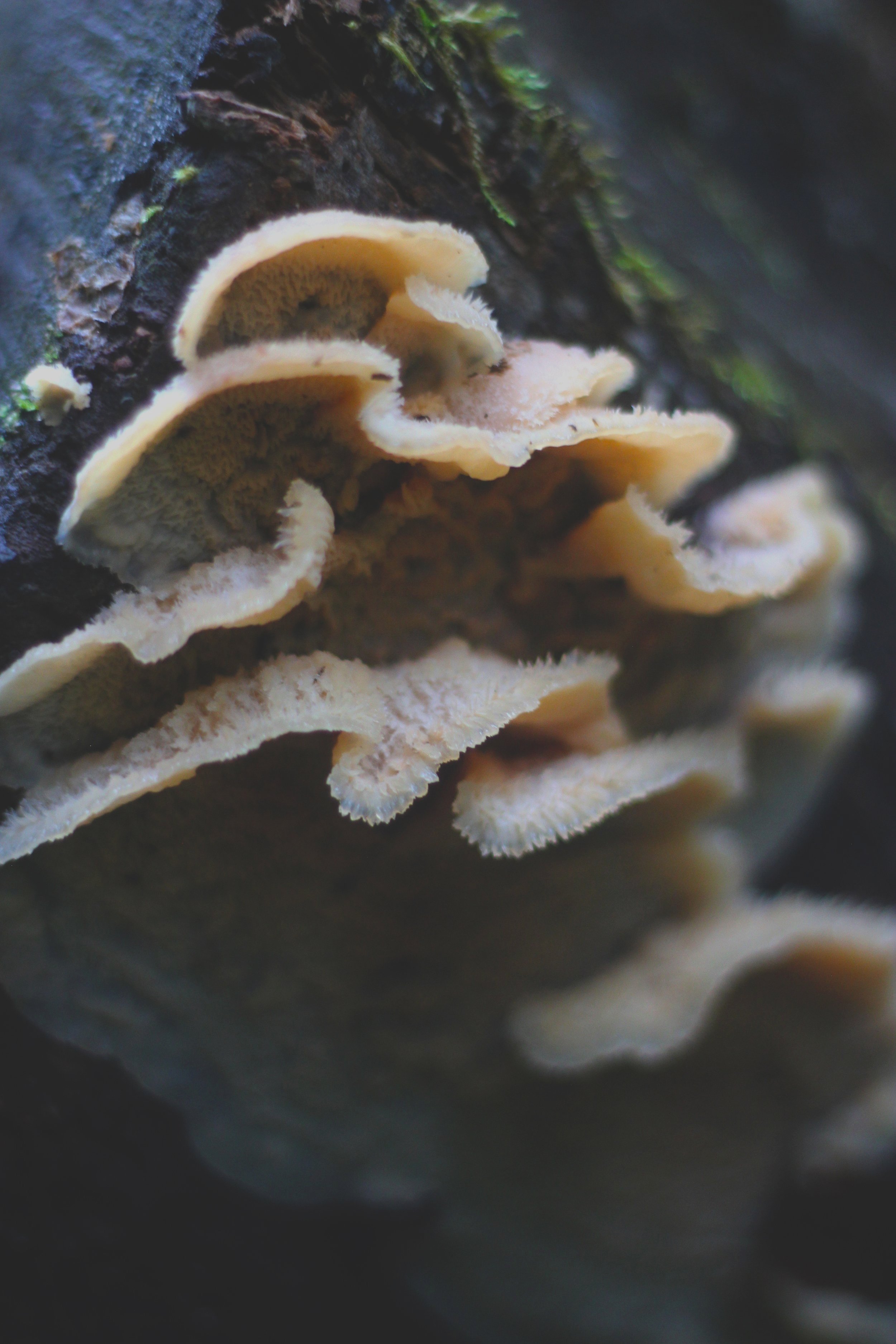Fugitive Planning
+ Design for Planetary Abolition
Fyrthyr Institute for Unsettling Technologies is a cultural production studio that designs infrastructures to advance planetary health and wellbeing.
We bring decolonial know-how and know-why to problems that are administrative, technical, architectural, and inter-personal. We work with institutions of higher education, organizations, and global movements to foster land-based wealth redistribution and futures fluency.
As cultural strategists, our aim is to educate, enhance lives, empower communities, and build a better world for all beings.

Fyrthyr Institute conducts design research that probes the following questions:
How are today's prevailing definitions of technology conditioned by colonial modes of living?
How do we reproduce colonial modes of living by accepting today's prevailing definitions of technology?
What alternative definitions of technology are possible and might enable us to subvert the colonial modes of living?
Through speculation and documentation, Fyrthyr Institute aims to unsettle forms of know-how that alienate culture from nature, labor from land, and people from place. In turn, we aim to recreate and disseminate know-how to advance planetary abolition of racial capitalism and patriachal imperialism.
Institute Team
-
Hyperion Çacatzin Yvaire lo Saga (ha/li/he) is a detribalized Indigenous (Atakapa Ishak) and Louisianan Kréyòl father, designer, researcher, post-studio artist, and the founding architect of The Fyrthyr Star Rescue Cosmology.
His practice centers the investigation of alternative sovereignties and new territories emerging from climate chaos as well as the eradication of Indigenous-settler divisions, White Supremacy, and Christian personhood. His socially-captivated design work explores afterlives and aftershocks of collision through the investigation of administrative, legislative, technological, and wave phenomena.
As a kinmaker, Çacatzin is interested in the harmonious integration of collision-resultant byproducts into new sensory infrastructures for the betterment of solidarity practices across worlds and species.
Çacatzin is a research associate of the Partnering Lab and has held residencies at Studio at the Edge of The World, Queer.Archive.Work, National Parks (Boston Harbor Islands), Center for Arts, Design + Social Research. He has published work in Writing the Land: Foodways and Social Justice, New York University Environmental Law Journal, 900 Chicon literary magazine, and been invited to speak at Rethinking Landscape, SDNow4, New Moon Mycology Summit, and Spirituality and the Arts.
Li holds an MFA from the School of the Museum of Fine Arts at Tufts University and advances multi-species jurisprudence as the principal researcher in the Lak Yapùhne Center for Jurisgenerative Arts.
-
Muindi Fanuel Muindi (he) is a social practice artist, philosopher, and poet, with Lacustrine Bantu roots in the Rift Forests of Eastern Congo and the Mara Wetlands in Tanzania.His philosophical perspective is deeply influenced by Afro-diasporic spiritual and musical traditions, Western deconstruction, and schizoanalysis. His work also draws subtle inspiration from comparative biology and measure theory.
His philosophical perspective is deeply influenced by Afro-diasporic spiritual and musical traditions, Western deconstruction, and schizoanalysis. His work also draws subtle inspiration from comparative biology and measure theory.
As a social practice artist, Muindi coordinates assemblages of administrative statements, technical implements, built environments, and dramatic elements, which function as laboratories in the Black Arts and Decolonial Sciences. Guided by the motto “more grit, less kit,” Muindi’s practice privileges high latency, low fidelity, seamful designs, and the revival of transformative ecological knowledges (TEK).
Muindi has published six books of experimental poetry and theoretical prose, and a seventh, Fugitive Erotics: Black Rites of Breakage and Repair, is currently set for publication in 2025.
Muindi is co-founder of the Fyrthyr Institute for Unsettling Technologies, coordinator of the “Prototyping Social Forms” and “Alter-Eco” research streams at the Synthesis Center, an organizer at the Center for Concrete and Abstract Machines, an associate editor of the journal AI & Society, and co-producer and audio engineer for the Forested Niches podcast. Previously, Muindi was a member of the “After School”, “Technologies of Critical Conscientization”, and “Unwriting Nature” research communities at the Center for Art Design + Social Research.
For more visit solutionsforpostmodernliving.org

